Medications to Lower Blood Pressure

Hypertension, commonly known as high blood pressure, has now become the most common disease and has been rightly declared as a silent killer. The advancement in medical science has given us hope to beat the silent killer. There are various ways in which you can measure your blood pressure, and with the help of that, you can categorise your hypertension to take your medications. High blood pressure leads to the risk of cardiovascular disease, which has become the talk of the town. But with the advancements of medicines in this sector, you can find yourself in relief. From the recent survey, hypertension medications can help you to lower the ten-year risk of cardiovascular disease by 20-30%.
Points covered
- Diuretics
- Beta-blockers
- ACE Inhibitors
- Angiotensin II Receptor Blockers
- Calcium Channel Blockers
- Combined Alpha And Beta-blockers
- Blood Vessel Dilators (Vasodilators)
- Primary Hypertension
- Secondary Hypertension
- Malignant Hypertension
- Resistant Hypertension
There are different types of medications to lower blood pressure which helps us during the hypertensive crisis:
1. Diuretics
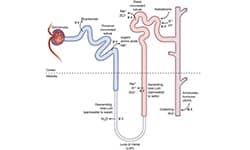
2. Beta-blockers
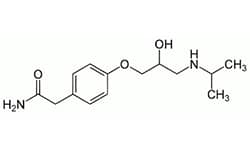
3. ACE Inhibitors
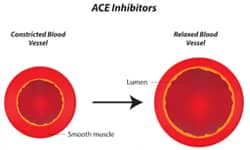
4. Angiotensin II Receptor Blockers
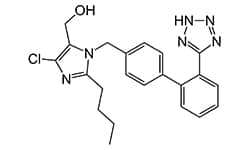
5. Calcium Channel Blockers
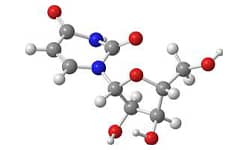
6. Combined Alpha And Beta-blockers
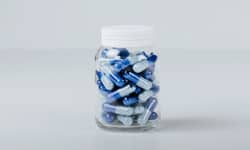
7. Blood Vessel Dilators (Vasodilators)
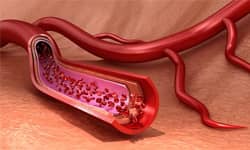
Known as a silent killer, hypertension has different stages and can become undetectable if avoided. By being a bit vigilant, you can notice these stages and can balance your elevated blood pressure levels.
1. Primary Hypertension
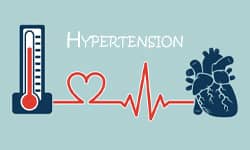
Lifestyle changes don’t lower your blood pressure levels as needed. Hence your doctor can prescribe you the following medicines:
- Beta-blockers (metoprolol)
- Calcium Channel blockers (Amlodipine)
- Diuretics (Hydrochlorothiazide)
- ACE Inhibitors (Captopril)
- Angiotensin II Receptor blockers (Losartan)
2. Secondary Hypertension
Only 5-10% of hypertension is secondary. It occurs more in younger people between 18-40 years. The blood pressure range will be a bit elevated, i.e. 130/90 is considered secondary hypertension. It is caused by conditions that affect your organs like the kidney, heart or endocrine system.
Lifestyle changes won’t be the only thing to reduce secondary hypertension. Your doctor might also suggest the following medicines to balance your blood pressure levels:
- Beta-blockers
- Thiazide diuretics
- ACE inhibitors
- Angiotensin II Receptor blockers
- Calcium Channel Blockers
- Direct Renin Inhibitors (Aliskiren) (Sometimes combining the drugs also helps to cure the disease)
3. Malignant Hypertension
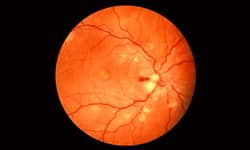
Lifestyle changes won’t be enough here. Hence your doctor will prescribe some medications for immediate relief. For malignant hypertension, the following medicines work the best.
- Vasodilators (Nitroprusside; Fenoldopam)
- Beta-blockers (Labetalol)
4. Resistant Hypertension
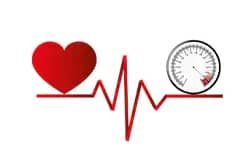
Although dizziness isn’t the symptom of resistant hypertension, you should consult with a physician if you have frequent dizziness. The only best treatment for this would be medications. Hence if you are ever diagnosed with it, your doctor might prescribe you the following medications:
- Direct Vasodilators (Hydralazine; Minoxidil)
Medications to lower blood pressure give you a good lifestyle while keeping your blood pressure in check. It also decreases the chance of heart attack and stroke, which is common these days and makes your life more comfortable. However, the most and foremost thing to remember is that none of these medications should be consumed without the recommendation of your doctor or an expert cardiologist. Self-medication should be avoided, no matter what. One can meticulously control high blood pressure through an effective combination of doctor consultation, exercise, diet, medication and change in lifestyle.
Note of Caution: This article is for information purpose only. Always consult your doctor in case of any blood pressure or other health-related problems.
FAQs
1. What are common blood pressure medications?
Some of the common medications to lower blood pressure are as follows;
- Diuretics
- Beta-blockers
- ACE inhibitors
- Angiotensin II receptor blockers
- Calcium channel blockers
- Alpha-blockers
2. What is the best and safest medication for high blood pressure?
Methyldopa is known to work in lowering blood pressure through the central nervous system and has the least amount of side effects. It also has the lowest risk of harming pregnant women and their developing fetus. Other possible safe medications to lower blood pressure include labetalol, beta-blockers, and diuretics.
3. What is the best blood pressure medication with the least side effects?
Thiazide diuretics generally have fewer side effects than other medications. This is especially true when they’re prescribed in low doses.
4. What is the first drug of choice for hypertension?
Thiazide diuretics come under the most commonly prescribed medications to lower blood pressure. These drugs function by increasing the amount of fluid the body eliminates through urine.

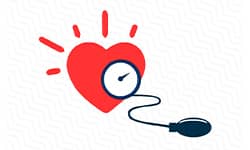
Comments (0)
No comments found.Add your comment